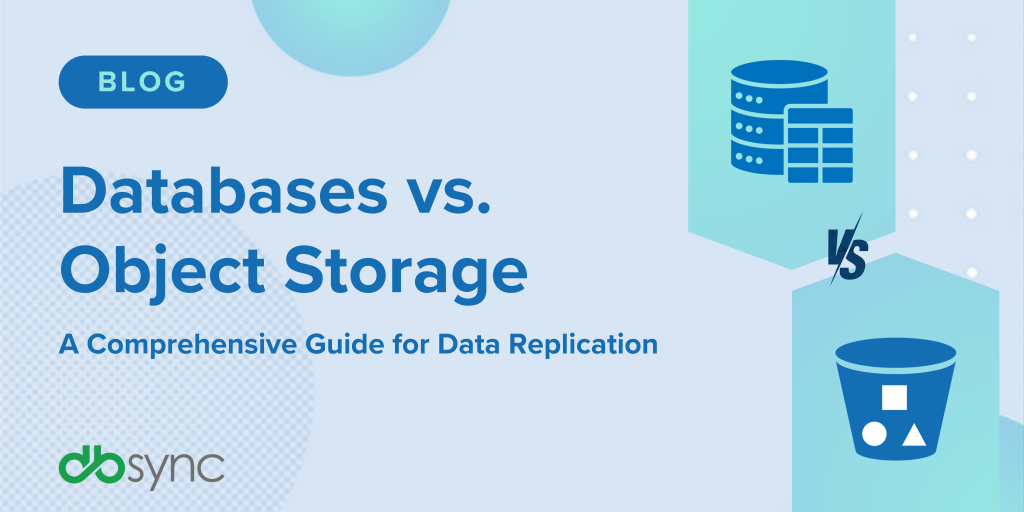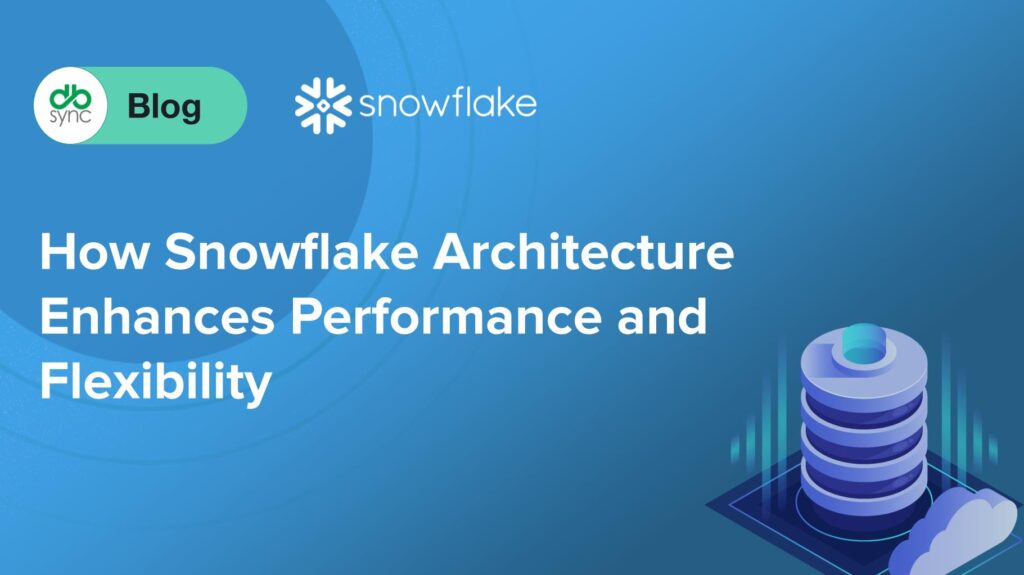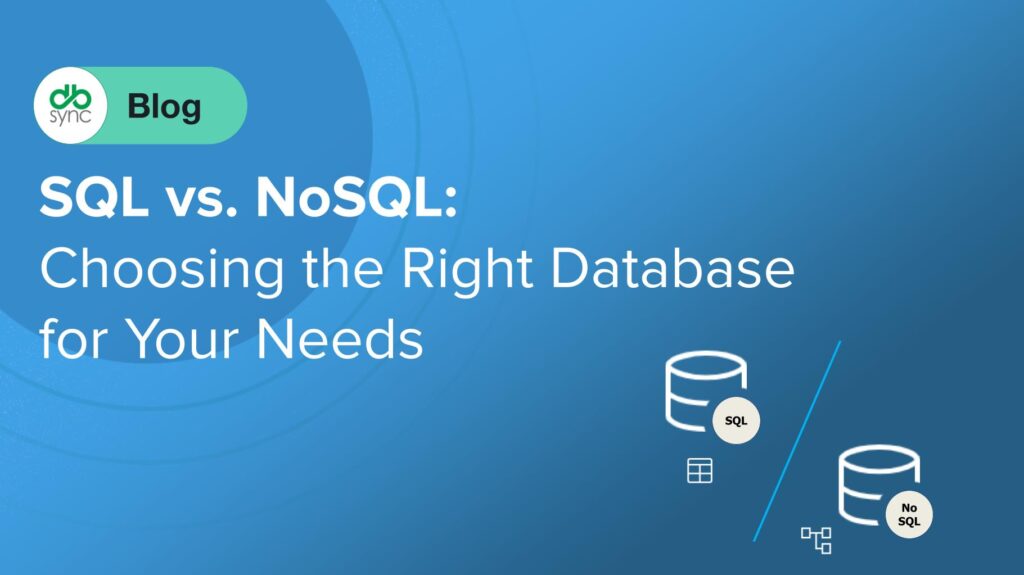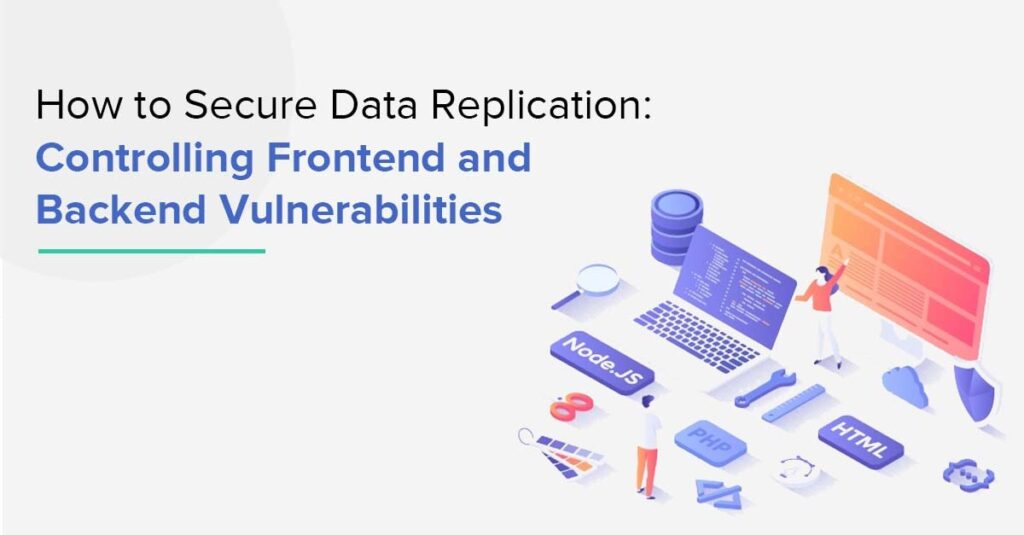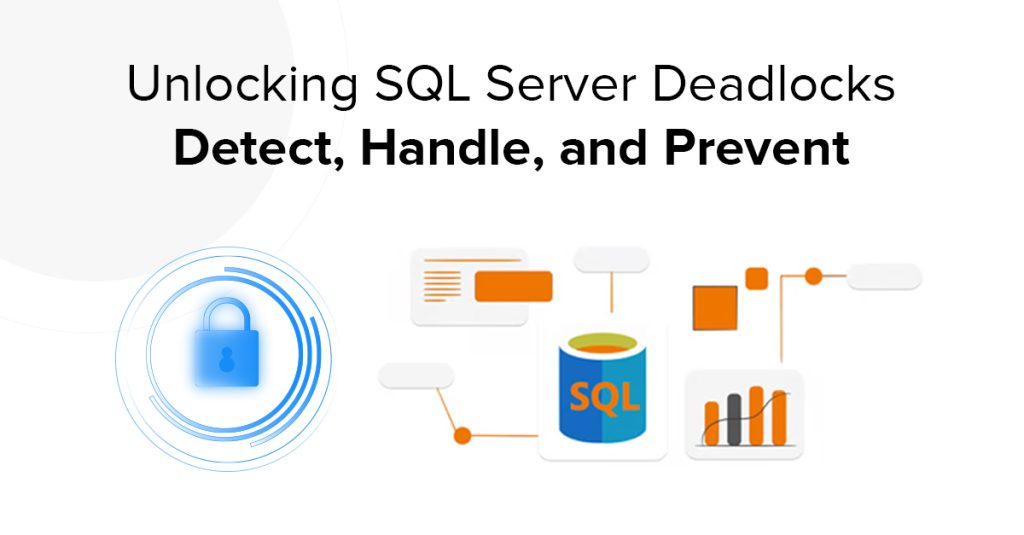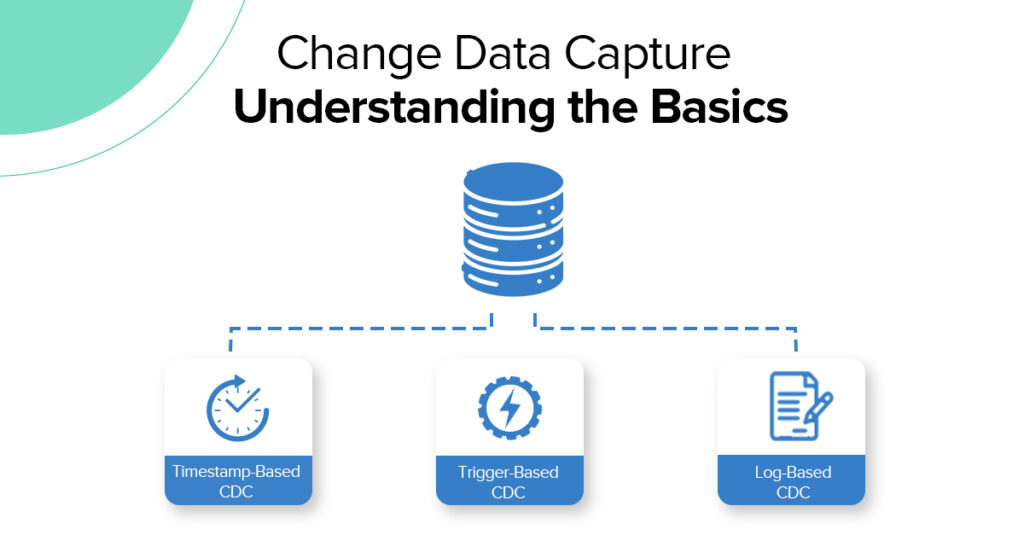Managing 200,000 files that range from 100K to 1M in size isn’t just about the numbers – it’s a tough challenge many organizations face when they choose between object based storage and database solutions. Both approaches are a great way to get specific advantages for data replication, and your choice can affect your system’s performance […]
How Snowflake Architecture Enhances Performance and Flexibility
Organizations generate and consume vast amounts of data to drive decision-making, improve efficiency, and foster innovation. Handling such immense data volumes requires robust, scalable, and efficient systems. Snowflake, a cloud-native data warehousing platform, has emerged as a trailblazer in this space, offering unique architectural features that set it apart from traditional systems. Snowflake architecture is […]
What is Cloud Data Replication? A Comprehensive Explanation
As businesses are transitioning their applications and data towards the cloud, data replication is being used to secure data availability, scalability, and geographic distribution. As such, this blog shall be a comprehensive guide on cloud database replication, why it’s required, considerations, and best practices. What is Cloud Data Replication? Data replication is actually replicating data […]
SQL vs NoSQL: Choosing the Right Database for Your Needs
In the world of data management, choosing the right database is paramount. Two prominent options dominate the landscape: SQL (Structured Query Language) and NoSQL (Not Only SQL). Each caters to specific needs, demanding careful consideration based on your application’s requirements and data characteristics. This blog post will examine the core differences between SQL vs NoSQL […]
How to Secure Data Replication: Controlling Frontend and Backend Vulnerabilities
Data replication ensures high availability, disaster recovery, and consistency across different systems. It needs to be adequately secured so that the possible risks against sensitive information will be mitigated. Here are some practical strategies to ensure data security during replication by focusing on controlling front-end data vulnerabilities and replication tools and protocols with security features. […]
Unlocking SQL Server Deadlocks: Detect, Handle, and Prevent
Deadlocks are a common case in SQL Server in particular; these are liable to upset the smooth operation of SQL transactions. In typical large-scale systems, deadlocks can affect 0.1% – 1% of transactions resulting in transaction rollbacks and performance slowdowns. In fact, utilizing outdated indexes or poorly optimized queries, may see deadlock incidents increase by […]
Change Data Capture – Understanding the Basics
In today’s digital age, having timely and accurate information is crucial for businesses to make informed decisions. Change Data Capture (CDC) is like a helpful assistant that keeps track of your real-time data, ensuring you’re always in the loop. This guide will explain why CDC matters and how it can boost your business. What is […]
A School Division’s Journey Towards Optimal Management and Analytics Excellence
Exploring the Dynamic of Data Warehousing and Salesforce Integration In this insightful video, Jonathan Edwards, esteemed IT Architect at Virginia City Public Schools (VCPS), unveils the remarkable journey of technological advancement within the school system. Join him as he delves into the key initiatives that have propelled VCPS to new heights: Understanding Data Warehousing: A […]
Unlock the Full Potential of Your Data with Azure Synapse Analytics
Businesses are constantly moving in today’s data-driven world to deduce valuable insights from vast data. Cloud computing has enabled business analytical tools more than ever to be affordable and effective. One of the tools that did a great job in this area was Azure Synapse Analytics. This blog post will uncover how this powerful platform […]
Unlocking Salesforce Data Replication to Minio with DBSync
In today’s data-driven world, organizations rely on Salesforce as a primary source of customer information and sales data. Replicating this valuable data to other systems is crucial for analytics, reporting, and business intelligence. However, efficiently and securely replicating Salesforce data to a data lake, such as Minio, can be challenging. In this blog post, we’ll […]
